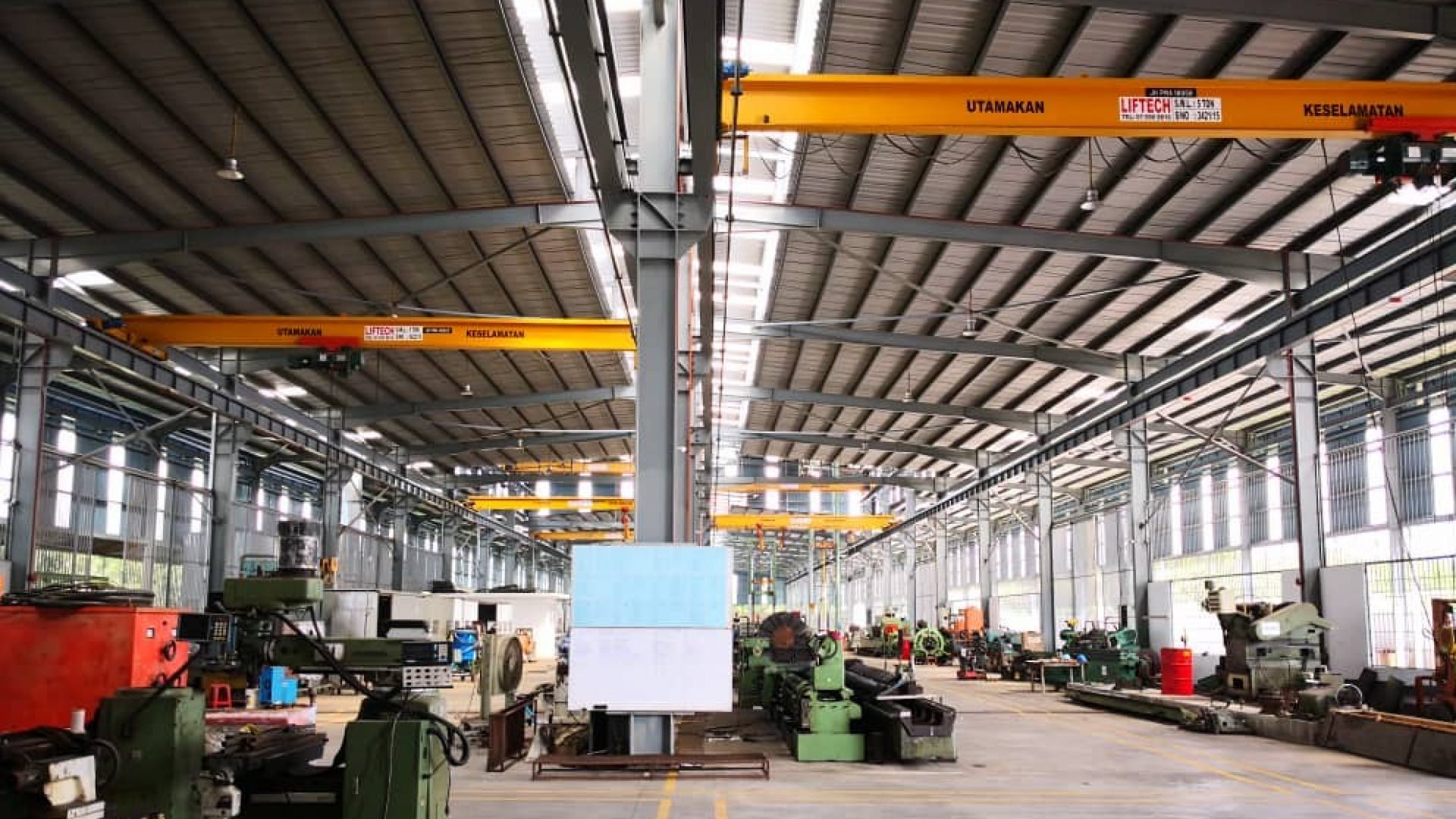Being at the right place and at the right time appears to have paid off for Chemical Company of Malaysia Bhd (CCM).
Petronas’ need for caustic soda by the hundreds of thousand tonnes at its Refinery and Petrochemical Integrated Development (Rapid) Project in Pengerang, Johor is set to benefit CCM, which manufacturing facilities are sited nearby.
On April 22, CCM Chemicals Sdn Bhd, a wholly-owned subsidiary of CCM, inked a contract with the national oil company to supply 351,000 tonnes of caustic soda for Rapid. The three-year contract commenced on April 15, and comes with the option for a one-year extension.
An analyst who did not want to be named told The Edge Financial Daily that the group had won the project in part because its manufacturing facilities are close to the Rapid project.
“The reason why CCM got it [the contract] was by virtue of their location. Their [CCM’s] factory is in Pasir Gudang, Johor, versus the other competitor which is based in Ipoh,” said the analyst.
Malaysia is a net importer of caustic soda, he said, adding demand for the chemical would only increase because of Rapid’s demand. As more refinery operations are opened at the site, demand for the substance is likely to be further enhanced.
In an April 23 note, Hong Leong Investment Bank (HLIB) said Rapid would require more caustic soda ahead of its anticipated ramp up in 2021, and that the demand would be progressive in nature as it is tied to the gradual increase in operations at the site.
“This increase [in demand] is expected to widen the domestic supply gap from 142,000 tonnes per annum currently to 300,000 tonnes per annum by 2021 without taking into account the organic growth of existing industries,” said HLIB.
The analyst said that the volume that Petronas contracted out is basically 150,000 tonnes per annum — the equivalent of total average annual caustic soda imports.
HLIB said in its note that CCM has secured a back-to-back agreement with a commodities trading giant from North Asia to commit the contracted supply.
On the contract’s impact on CCM’s earnings, the analyst said “snippets” of the project’s impacts would be seen in the second half of the financial year 2019 (2HFY19), and that more significant impacts would be seen in FY20.
Contributions from the contract would only trickle in this year, he indicated, noting the recent explosion at the Rapid development on April 12 could delay the “ramping up” progress.
In its note, HLIB said CCM is currently operating its Pasir Gudang Works 2 plant, which has a capacity of 80,000 tonnes a year. It is planning to reinstate its first plant, which would provide an approximate 50% increase in capacity as the facility can produce about 40,000 tonnes a year.
The analyst projected prices for the chemical at US$500 (RM2,065) a tonne for FY19 and said as long as caustic soda prices do not suffer from a dramatic drop, the group would turn a profit.
“The cost of production is in ringgit, but they (CCM) sell in US dollars, so their margins are good,” the analyst added, noting CCM’s lower production costs, compared with its regional peers, will benefit it in the future.
CCM’s net profit in FY18 was flat at RM25.71 million on revenues of RM395.94 million. According to Bloomberg, the consensus earnings estimates for FY19 is RM39.7 million, and for FY20, RM43.2 million.
The analyst maintains more attention should be paid to CCM because it provides chemicals to a wide variety of industries, especially rubber gloves.
“CCM remains an underappreciated proxy to the glove sector and the Rapid integrated petroleum complex,” said HLIB, which says the target price for CCM is RM3.08 based on FY19-FY20 price-earnings ratio of 8.6 times to 7.9 times, with an implied dividend yield of 5.8% to 6.3%
CCM is currently trading at about RM2.10, valuing the company at RM352.16 million.
Its 52-week-high was RM2.35, and its low RM1.55.
(Source: https://www.theedgemarkets.com/article/ccm-right-place-and-time-rapid)

